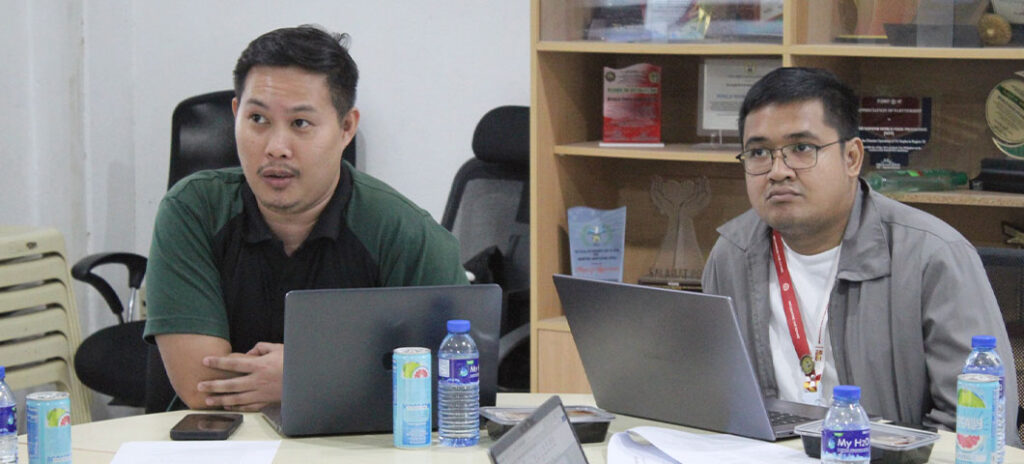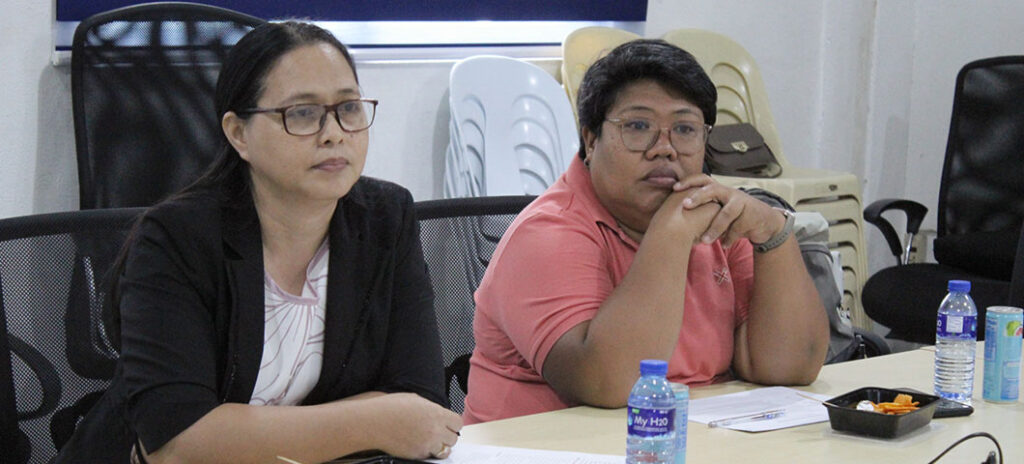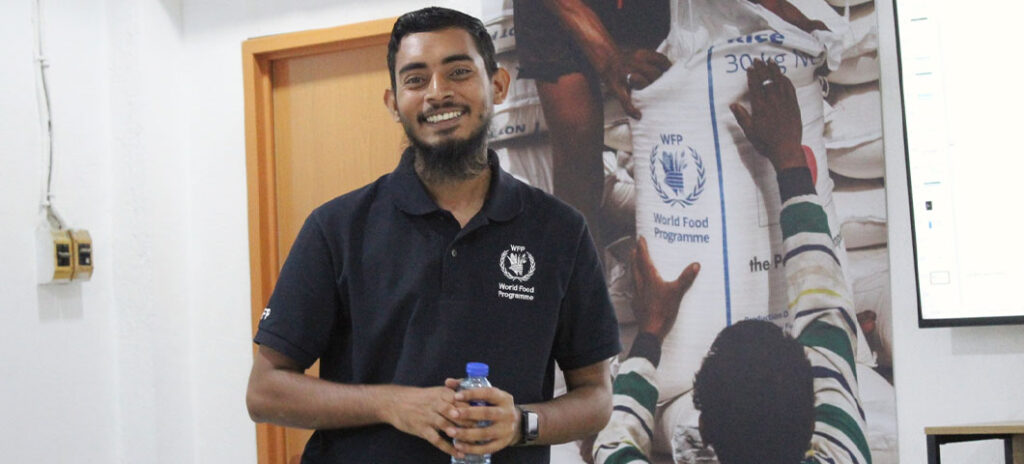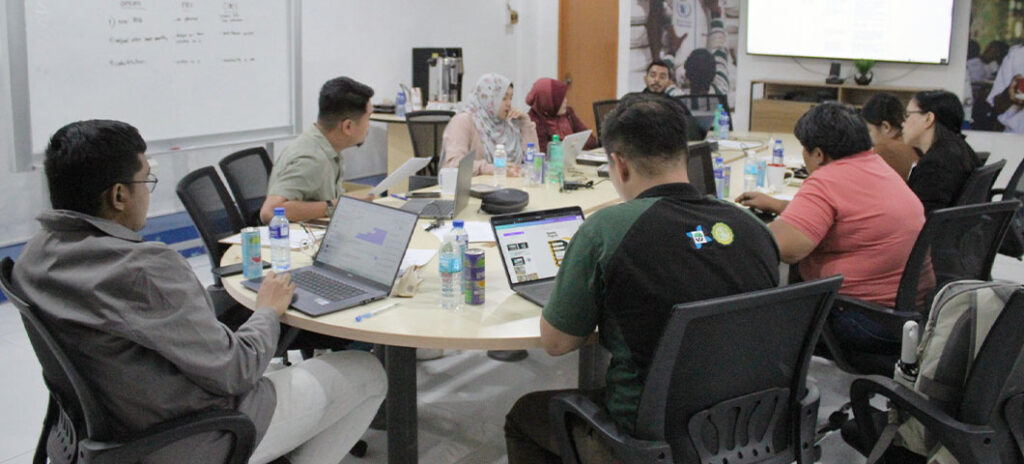
USM PALMA Celebrates 6th Founding Anniversary
September 2, 2025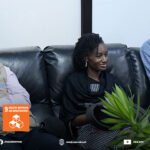
USM Showcases Agricultural Innovation, Technologies to Kenyan Delegates
September 2, 2025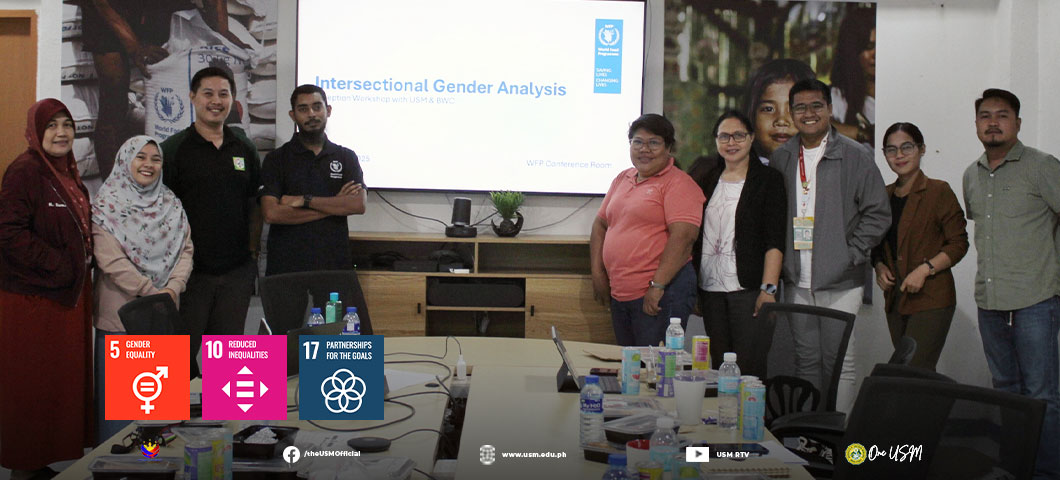
Cotabato City – Experts from the University of Southern Mindanao (USM) participated in the Inception Workshop to develop detailed workplans for the Intersectional Gender Analysis (IGA) Study being implemented by the World Food Programme (WFP) Philippines on August 29, 2025, at the WFP Conference Room in Cotabato City.
The purpose of the workshop was to strengthen the quality and inclusiveness of the IGA and further solidify the partnership between WFP and USM, alongside the Bangsamoro Women Commission (BWC). The study is part of an ongoing initiative by WFP and BWC that seeks to examine how gender intersects with other social factors in shaping the roles, opportunities, and challenges faced by marginalized groups, particularly rural and indigenous women, in agricultural livelihoods and practices within Bangsamoro Autonomous Region in Muslim Mindanao (BARMM). By understanding these dynamics, the initiative aims to ensure that policies and programs are responsive to the needs of all groups and not just the majority.
Representing USM were experts in various fields, including Rowell P. Nitafan (Qualitative Research), Roselyn M. Clemen (Gender and Development), Metche Anne C. Logronio (Research Methodology), and Romiel John P. Basan (Economics and Rural Development), along with personnel from the Research, Development, and Extension (RDE) office. Two representatives from the BWC also participated in the session.
The workshop opened with remarks from Lyca Therese Sarenas, Head of the WFP Cotabato Field Office, who emphasized that inclusive research serves as a foundation for developing effective community programs. This was followed by discussions led by WFP Gender and Protection Officer Masum Billah, who guided the participants in refining the study’s objectives and design.
Through this collaborative initiative, USM reaffirms its commitment to advancing gender-responsive and evidence-based research that empowers women and marginalized groups. Its partnership with WFP and the BWC not only strengthens institutional linkages but also contributes to shaping policies and programs that promote inclusivity, resilience, and sustainable development in Mindanao.
